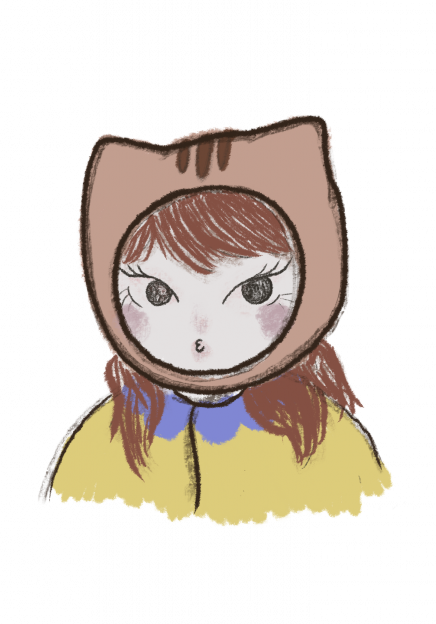Week 6: The digital economy
Airbnb shares the story of one woman who, upon hearing stories of those who had lost their homes due to the destruction caused by hurricane Sandy, emails Airbnb to ask if she can list her home on the site for free. This email, manifested in the image of a butterfly motif, then spreads around amongst different people across America. It shares that in times of emergency, Airbnb allows homes to be hosted for free, or for a discounted price, and that the idea itself came from someone who used Airbnb.
The video conveys the idea that it is human love at the core of a movement, that “one inspiring idea [creates] a movement built by you.” Out of kindness and empathy, the users of Airbnb came together to allow their homes to be used for free in a moment of despair, it plays on our need to be good.
Butterflies in art are often thought of as symbolism for transformation and change, the butterflies act as a metaphor for the interconnectivity of the internet. Through it, we are able to communicate with people all over the world instantly, whenever we want, all at the touch of our fingertips.
This interconnectivity leading to a movement conjured up from the kindness of Airbnb users may, however, be too utopian. The Californian Ideology, as described by Barbrook and Cameron, runs off of the idea that technology can, and will, fix our problems, and this can be referred to as ‘techno-utopianism’. They argue that the internet allows us to feel empowered and enhances personal freedoms, this in turn reduces the power of the nation state. This new power is enabled through the unrestricted interactions with people that we have online, and this extends to the power people had to contact Airbnb to ask if their homes could be hosted for free. With this power we will eventually be able to deconstruct and replace social, political, and legal structures that exist within our society.
Airbnb presents itself as a company that listens to its users, that they have the power to solve the problems: COVID-19, natural disasters, emergencies, but to what extent? As I said earlier, Airbnb is presenting a very utopian idea of what they as a company can achieve.
A company that grants users the option of hosting their home for free is positive– it allows people to make that personal choice where they see fit. However, when a home is hosted for free, and there are no service fees, there is still a cost.
Airbnb has a set of rules for hosts, one of the main ones being cleanliness. Even if the host is not earning money from the guest staying in their home, the host is still paying with their labour. They must clean the house, prepare for guests, ensure that everything is up to Airbnb’s standards, otherwise they risk receiving a low rating. A lower rating would impact the host directly, who may miss out on potential guests staying in their home due to other hosts having better ratings.
This video promotes, at the core, a source for an individual to feel good, to feel as though they can achieve something by carrying out a good deed. To me, it seems individualistic that we alone, through our interaction online, would be able to reshape the very structures on which we live.
Look a little more deeply, and this heartfelt story about helping others morphs into Airbnb parading around just how empathetic they are as a company. When in fact, Airbnb is playing on the empathy of people to attract more users.
